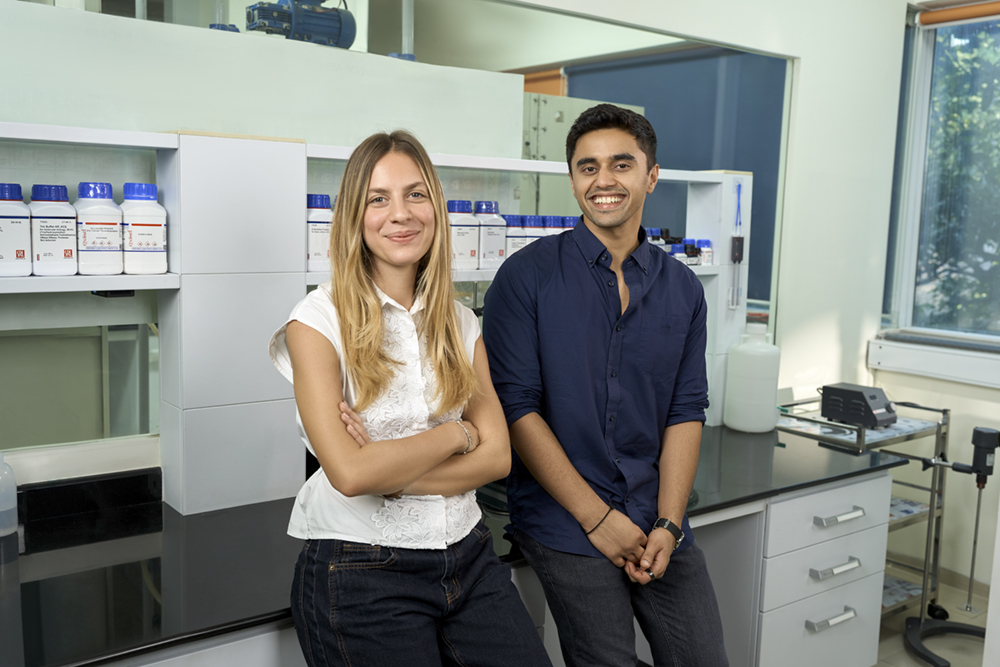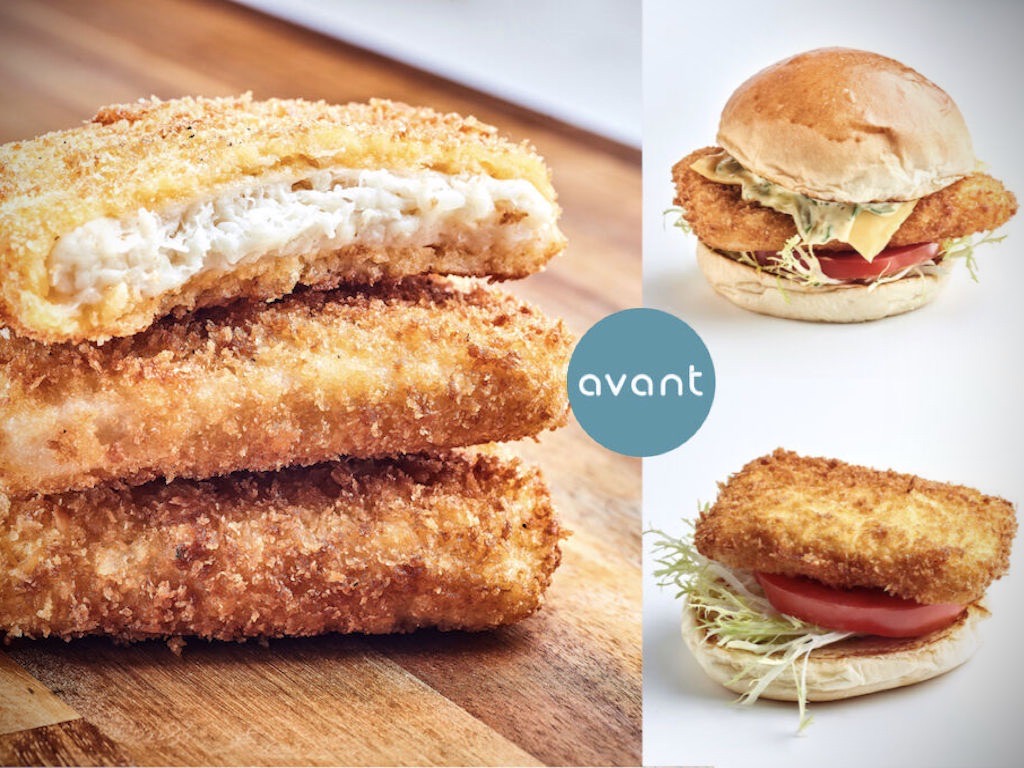
.jpg)
Vow receives A1269 approval from FSANZ for cultivated quail ingredient: Food Ministers will ultimately decide if it can go on sale
Sydney-based food company, Vow, has received regulatory approval from Food Standards Australia New Zealand (FSANZ) for its cultivated quail cell-based ingredient, marking a significant milestone in the regional regulation of novel food products.
Vow submitted its application, designated 'A1269', in May 2022, seeking approval to sell a cultured quail cell preparation as an ingredient in food. Following a rigorous assessment, FSANZ concluded that the product, developed using Japanese quail (Coturnix japonica) cells, is safe for human consumption under the intended conditions of use.
The ingredient is produced through a process known as cellular agriculture, where animal cells are grown in a controlled environment using a nutrient-rich medium rather than being harvested from a slaughtered animal. Vow’s submission is the first approval of its kind under Standard 1.5.1 – Novel Foods in the Australia New Zealand Food Standards Code.
In its final report, FSANZ stated that the quail cell preparation “has been assessed to be safe for human consumption under the proposed conditions of use and is not considered to be nutritionally disadvantageous”. The product is designed to be used as an ingredient in a range of cooked and manufactured foods, including ready meals and center-of-plate dishes.
According to the company’s application, Vow selected Japanese quail for its first product due to the bird’s widespread culinary use and favorable nutritional profile. The initial cell line was developed from fertilized quail eggs, and the production process involves cell isolation, expansion, and formulation into a food-grade product. The final preparation includes cells as well as some residual media components, although Vow indicated that the latter are present in minimal quantities and are not nutritionally significant.
“We’re taking a different approach than most cultured meat companies,” said George Peppou, CEO & Founder of Vow in an interview with Protein Production Technology International last year. “First, we’ve achieved some of the best production costs in the industry through continuous scaling and process improvements. But our main strategy is to launch with a luxury brand. Think of it like the Tesla Roadster for meat – something new, exclusive, and exciting. Our brand, ‘Forged’, focuses on offering a completely unique food experience, something you can’t find anywhere else. This lets us charge a premium price. By focusing on distinctiveness instead of replicating existing meats, we simplify product development. We don’t need to perfectly match anything because being different is part of the value we offer. This higher price point also means we don’t need to drive our production costs down as much to become profitable. We’re also working on additional things outside our core business to extend our runway, but I can’t share those details yet.

“We’re working with regulators around the globe – not just the public partnerships in Singapore and Australia/New Zealand,” reported Peppou. “There are others we can’t disclose yet. Building trust is key, so we do a few things. First, we bring in food safety, toxicology, and microbiology experts to evaluate potential risks with us. Second, we’re extremely transparent with regulators, with multiple facility visits in Australia and regular data sharing in Singapore. We’re even taking transparency a step further by publishing our risk assessments and partnering with academics for peer-reviewed publications. This will move the conversation from private to public, allowing anyone to examine the data themselves. Overall, open communication is our strategy for building trust with both regulators and consumers.”
According to the FSANZ report, Vow’s application included extensive safety data, including genotoxicity studies, stability testing, allergenicity assessments, and microbial analyses. These evaluations were conducted in alignment with FSANZ’s guidelines and showed no adverse effects from consumption. FSANZ’s assessment also confirmed that the product is unlikely to cause allergic reactions in the general population, though labeling for allergens will be required where relevant.
In terms of nutritional content, FSANZ compared the cultivated quail preparation to conventional quail meat and other poultry. It found the product to be broadly similar in protein, fat, and micronutrient content, with some variability depending on the formulation. The regulator also noted that the product does not pose a risk of nutritional imbalance when consumed as part of a typical diet.
The approval allows the quail cell preparation to be sold in both Australia and New Zealand, though Vow must comply with standard food safety and labeling regulations. The ingredient will be listed as ‘cultivated quail’ on packaging. FSANZ concluded that the name is accurate and not misleading to consumers, noting that the term “cultivated” clearly distinguishes the product from conventional meat while accurately reflecting its production method.
The regulator also addressed the potential for consumer confusion, stating that it had no concerns given the increasing awareness of alternative protein technologies and the labeling requirements in place. It emphasized the importance of transparent communication, particularly as more cell-based food products enter the market.
No public objections were raised during the consultation period. However, FSANZ acknowledged that the assessment attracted significant interest and questions about how such products should be evaluated in the future. In response, it reiterated its commitment to applying science-based principles while maintaining openness to emerging technologies.
The FSANZ Board approved the variation to Standard 1.5.1 on 20 March 2025, and the Australia and New Zealand Ministerial Forum on Food Regulation was notified shortly after. As no requests for review were received within the statutory period, the variation was gazetted and came into effect on 3 April 2025.
Vow has not yet announced a commercial launch date for products containing cultivated quail but previously stated it would introduce its first cell-based food under the ‘Forged’ brand. The company has hinted at future plans to explore a range of exotic species for cultivation, though any additional products would require separate regulatory approvals.
This approval positions Australia and New Zealand among the small group of countries where a cultivated meat product has passed national food safety requirements. FSANZ's approach is closely watched by other regulators as more companies pursue commercialization of cell-based foods.
The approval of A1269 was supported by research conducted by Vow in partnership with independent laboratories, with oversight from FSANZ’s own expert panels. The data presented in the application included compositional analysis, toxicological assessments, and manufacturing controls. Vow’s production system is described as using a closed bioreactor environment with strict protocols to minimize contamination and ensure consistency between batches.
As part of the regulatory process, Vow was also required to address ethical considerations and potential social implications of cultivated meat. FSANZ concluded that these factors fall outside the scope of its safety and nutrition mandate but noted that public dialogue around the technology is likely to grow as products become more visible on store shelves and restaurant menus.
The approval of Vow’s cultivated quail product under Standard 1.5.1 of the Food Standards Code sets a precedent for how novel foods derived from cell cultures will be evaluated in Australia and New Zealand. It also establishes cultivated meat as a legitimate category under existing food law, provided companies can meet the technical and scientific thresholds required for safety and transparency.
A spokesperson for FSANZ confirmed that the agency is prepared to assess additional applications involving different species or production systems, provided applicants submit comprehensive data. For now, Vow’s cultivated quail ingredient represents the first step in what may become a broader landscape of alternative proteins regulated under the Code.
If you have any questions or would like to get in touch with us, please email info@futureofproteinproduction.com

.png)






